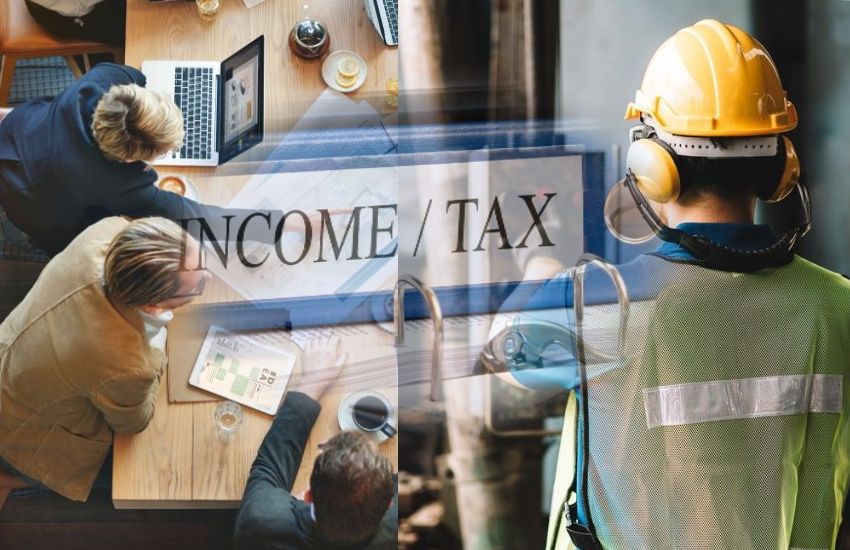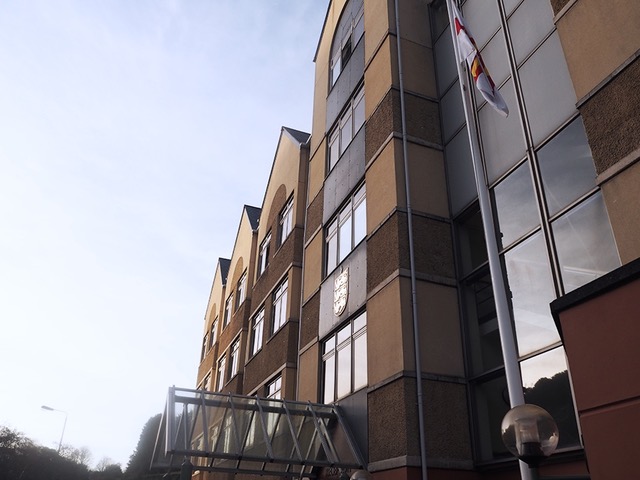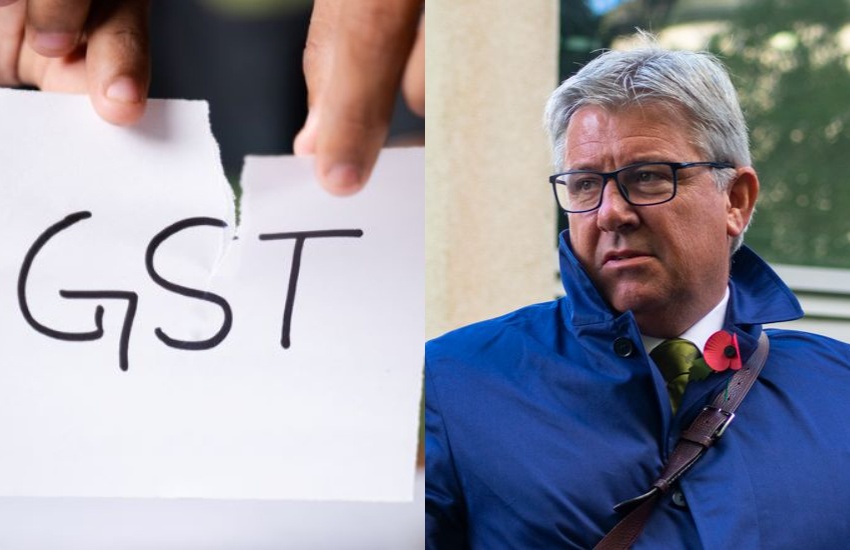


The States’ final accounts for 2021 show that income tax paid by individuals and companies quickly bounced back to pre-covid levels.
Income tax receipts rose from £328.5million in 2020 to £361.5m in 2021, an increase of £33m - or 10%.
Higher than expected income tax receipts together with booming investment returns and lower than expected levels of spending helped produce an overall surplus in public finances – which means income above expenditure – of £61.3m in 2021.
"In terms of ETI (employees’ tax instalment scheme), which is the best real-time indicator of economic performance, there was growth of…2.4% real [after taking account of inflation] between 2020 and 2021," said the Policy & Resources Committee in the final accounts for 2021.
"When compared to 2019, ETI shows growth of 6%, which indicates recovery to pre-covid-19 levels. As there were no material changes in the numbers of either employers or employers, the growth was in remuneration levels.
"In respect of companies, income tax receipts increased by £4.7m to £57.6m. Broadly, these revenue streams have bounced back to where they would have been expected to be, based on forecasting pre-covid nominal levels.”

Pictured: The Policy & Resources Committee said that income tax receipts from companies in 2021 "broadly" returned to pre-covid levels.
The 2021 accounts also showed that States’ pay costs increased last year as the number of full-time posts in the public sector grew and efficiency savings targets were missed.
Total expenditure on pay in 2021 was nearly £13.8m more than in 2020 - an increase of £2.2m after inflation was taken into account.
There were 142 additional full-time equivalent posts in 2021, which brought the States' paid workforce up to 4,862 full-time equivalents.
"The increase in the number of full-time equivalents is attributable to services provided within Health & Social Care, which increased by 148, including an additional 100 full-time equivalents specifically working on covid-19 initiatives," said the Committee.
The accounts set out the number of States' employees in the highest pay brackets. In 2021, there were 256 employees who had employment costs to the States of at least £90,000, including employer's social insurance and pension contributions. An additional 16 staff fell into this higher pay bracket in 2021 than in 2020.
There were 15 employees with employment costs above £190,000 in 2021 compared to 13 in 2020.

Pictured: In 2021, there were 256 States' employees with employment costs above £90,000 - which in most cases will mean a salary above £70,000-75,000 per year.
Most of the efficiency savings which the States hoped to achieve in 2021 failed to materialise.
"£5.8m of planned savings through the transformation of public services...were not delivered in 2021," said the Committee.
"This is due to the continuing management of the pandemic absorbing critical resources and delaying the delivery of projects.
"A sizeable proportion of these savings are now expected to be delivered in 2022 and 2023."

Pictured: States' committees once again spent less than anticipated on services - including on new service developments - than when the 2021 budget was approved.
The expenditure of States' committees on items other than pay - for example, on services - continued to indicate financial restraint.
"All committees contained expenditure within their authorised budget with, overall, expenditure being £12.4m lower than original budget," said the Committee.
This included committees not requiring £6.5m originally set aside for new service developments.
"Largely due to the impact of covid-19, many of the service developments were implemented later than had originally been planned or deferred until 2022. This includes £4m of the £5m allocated for funding NICE drugs and treatments as the roll out commenced later than planned.
"However, the baseline will have increased and the funding will be required in 2022 and future years."

Pictured: The direction of the States' Assembly to enhance the range of drugs and medicines available in the Bailiwick was implemented at a slower rate than originally intended.
Despite a strong financial performance last year, the Committee is still projecting that States' reserves will be exhausted by the end of the current political term and that expenditure will exceed income by tens of millions of pounds a year in a few years' time.
"The underlying position remains a structural deficit beyond this term which, for general revenue, is estimated to be approximately £50m when the long-term infrastructure funding needs are factored in," said the Committee recently.
"In addition, the States are running a deficit on the social security schemes, in particular the States’ pension, which have a long-term funding requirement of £34m a year. Therefore, the overall structural deficit remains in line with previous forecasts of £80-90m."

Pictured: In his first full year as the Policy & Resources Committee's Treasury Lead, Deputy Mark Helyar oversaw increases in the amount of tax collected by the States and also increases in the number of public sector staff and the States' wage bill. He has argued for the introduction of a general services tax at 5% or 8% but the idea is proving politically and publicly unpopular.
The Committee's tax plans have faced faced political and public opposition.
Instead, the States approved an alternative proposal from the Committee to investigate other options, consult more and return to the States for another debate in July this year. That second debate has now been postponed until later in the year, partly to allow a fresh examination of corporate tax.
The 2021 accounts will be presented to the States' Assembly at a meeting which starts on 28 June.
Capital projects can now be funded without borrowing
Firm appointed to review whether companies could pay more tax
OPINION: States' policy plan much harder as tax review loses its way
OPINION: Why Guernsey needs to reform its company tax system
P&R wants more time before States debate GST and other taxes
FOCUS: Opposition across the States to P&R's latest GST plan
P&R wants to win public support for GST ahead of summer debate
EXPLAINED: Why the States' leaders believe GST is needed now
Comments
Comments on this story express the views of the commentator only, not Bailiwick Publishing. We are unable to guarantee the accuracy of any of those comments.